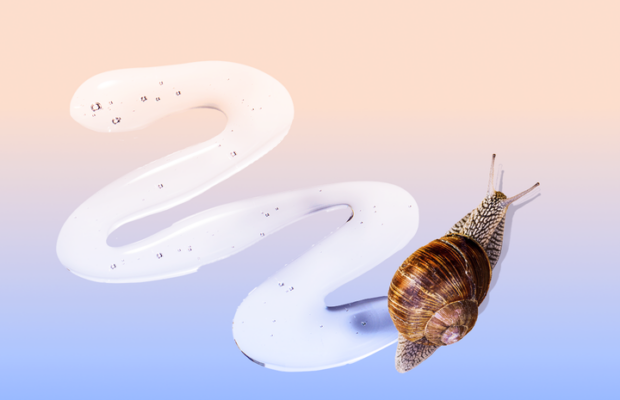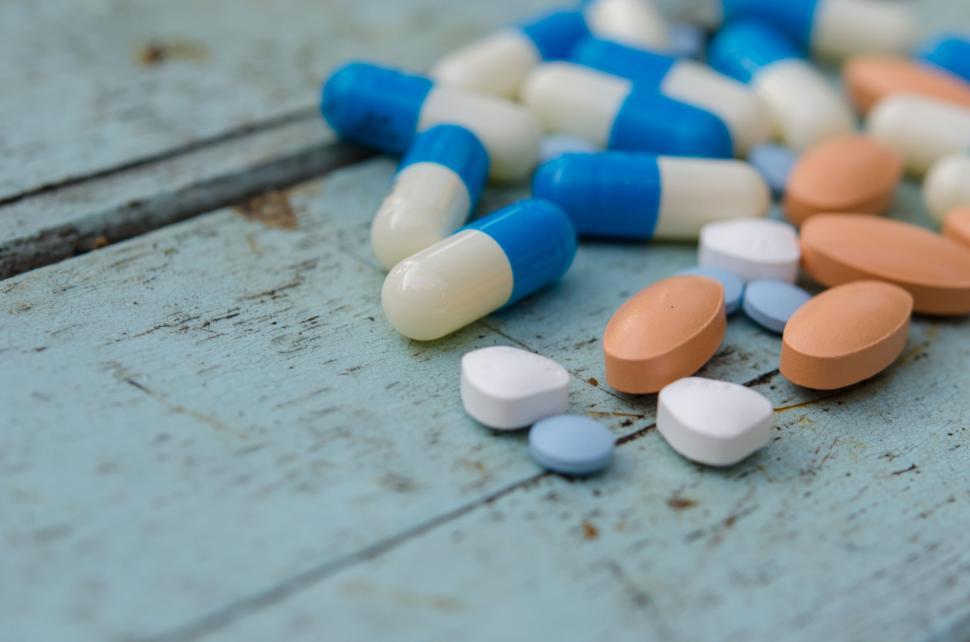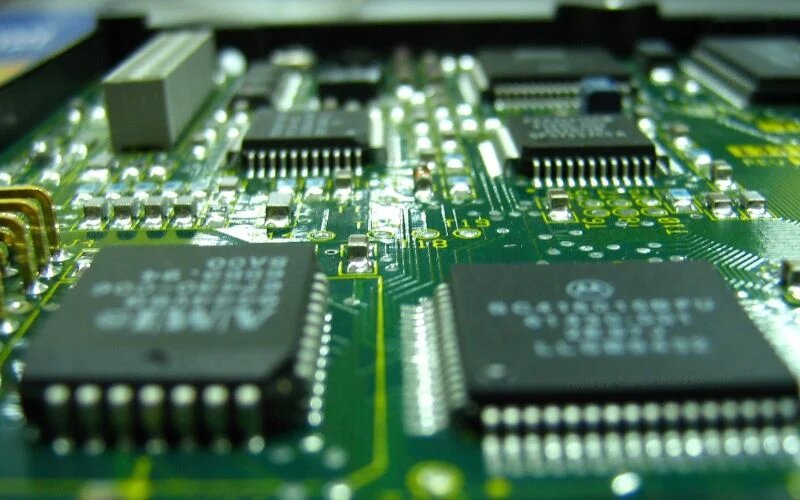Among other seemingly strange ingredients seen in skincare, such as volcano clay or charcoal, snail mucin has recently entered the scene and officially landed a place on the list. Amidst the rocketing sales, some are questioning the ethics and benefits of using snail mucin on their skin.
Surprisingly, snail mucin in skincare did not make a dramatic entry into skincare in the recent years — it has been around for longer than some may think. According to Lumadea Cosmetics, “Snail Mucin has been used on human skin for centuries and was actually discovered accidentally by the Ancient Greek Hippocrates (known as The Father of Medicine) to treat inflammatory skin conditions.”
One of the most popular products with snail mucin is COSRX’s Advanced Snail 96 Mucin Power Essence. In the product description, the essence is said to be “created from nutritious, low-simulation filtered snail mucin to keep your skin moisturized and illuminated all day” (via COSRX official website).
The reviews of the ingredient itself is tremendously positive — most users agree that using snail mucin gives their skin extreme hydration and the “glazed doughnut” look. Dermatologists agree, generally commenting that the hydration causes no harm, unless one is allergic to an ingredient in a specific product.
Still, some are skeptical about whether or not the process by which snail mucin is extracted is ethical. Afterall, because the involvement of animals in products is generally sensitive due to issues with animal testing.
An article from CNN states, “According to a 2018 Racked article, a common technique for collecting the snail mucin involves having snails roam around a dark room on top of a surface like glass or mesh, which can then be scraped for the slime afterward.”
Snails produce mucin for physiological reasons, which is why they feel slimy when we pick them up. According to Discover Wildlife, “slimes are used for lubrication, adhesion, signaling and protection against abrasion and pathogenic or predatory attack.”
These natural substances, though beneficial on their own, are not recommended to be applied to the human face directly. In a study conducted by the National Center for Biotechnology Information (NCBI) to evaluate how Cryptomphalus aspersa secretion (SCA) aides anti-aging, it found: “Topical skin treatment with the association of SCA with antioxidant ingredients (green coffee oil, olive oil, ectoine, hyaluronic acid, and peptides) was able to promote significant clinical and subjective improvement of all signs of skin aging.”
However, that is not to say that snail mucin by itself does not have any benefits. Because it has antioxidants, CNN explains that “on top of being moisturizing, the powerhouse ingredient can help stimulate collagen production and calm irritation.”
Snail mucin has only recently entered the U.S. market, but it has been a part of Korean skincare for decades. Though it may seem like a strange ingredient at first glance, some more research reveals how hydrating and soothing the effects of it are.







